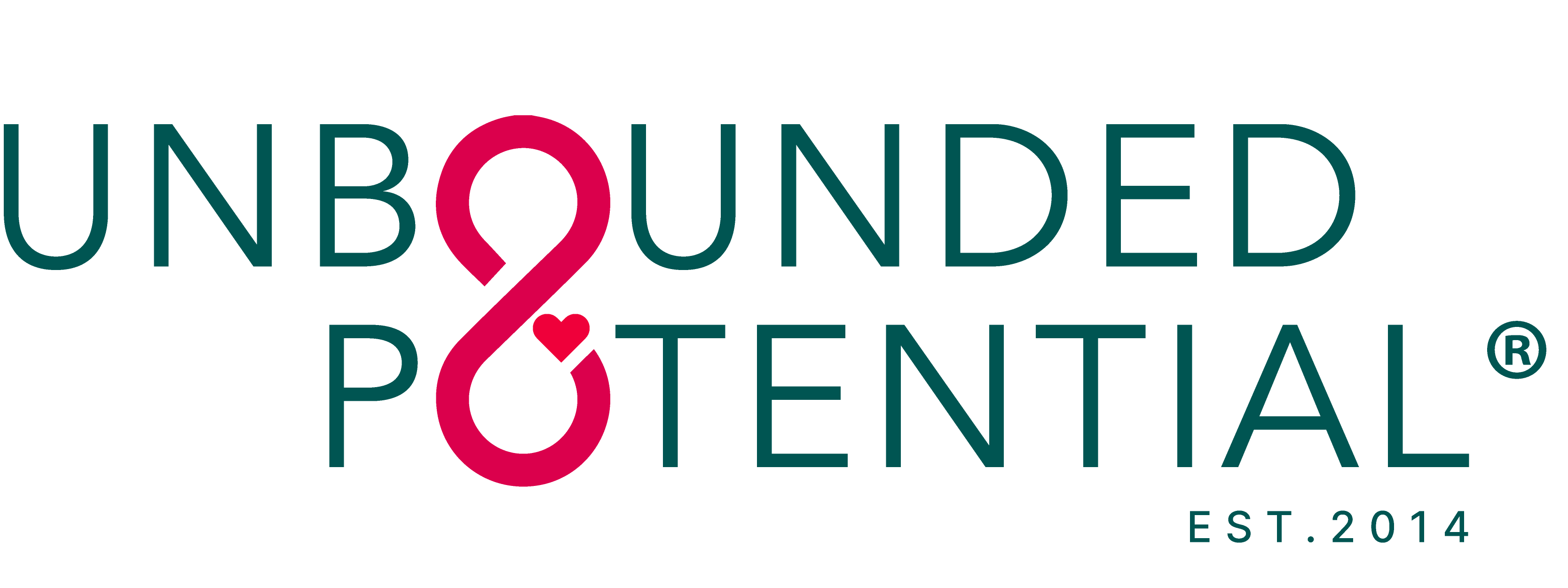Jul 16, 2020 | Your Relationships
Improve your Communication with this 2-Step Practice
I still remember with sadness the day a dear friend told me our paths had gone different directions.
It hurt to feel broken up with. With no explanation or effort to reinvent friendship, it was simply over.
Letting go of people I care about has never been easy for me, but this was hard to stomach as I had no idea what I had done wrong. I wracked my brain for days trying to put the pieces together…
I notice in adulthood that this seems to happen more often in relationships.
At some point, we become unpracticed in expressing our hurt feelings or asking for what we really need from our loved ones.
We might assume we know what our loved ones need, offer them advice we would heed, or avoid being honest about our hurt feelings when a loved one has missed the mark.
One way I imagine I hurt my friend was by offering unsolicited advice.
Have you ever felt that familiar feeling in your body when someone gave you unsolicited advice or told you what to do when all you wanted to do was vent or be heard?
I imagine you have.
It’s likely because at some point you learned to listen to respond rather than listen to understand. And in a world that is loud and busy with distractions, we all have an inherent and deep need to be truly heard.
And many of us lack the skill set to do it.
When I first began coaching, my clients would often come to me and ask me to tell them what to do. Craving to be of service and contribute, I mistook giving advice as being of service.
The more I’ve learned about coaching and practiced the art of it, the more giving advice has become an issue for me.
I deeply believe that no one knows us better than we know ourselves.
I relate to my role as coach to help people access and act on their own inherent wisdom.
When we give our clients, partners or friends unsolicited or even sometimes solicited advice, we steal from them the possibility of their building trust within themselves and making the best decision for themselves.
When a baby cries, do you think that the first thing they need to hear is, “honey, you shouldn’t have stood on a chair to get the ice cream from the freezer. See, that’s how you’ll break your leg.”
What they want is to be listened to, comforted and yes, they may even want to be passed the Ben & Jerry’s Chunky Monkey too. 😉
So why is it that as adults, “we often stop feeling” – being empathetic and authentic – and instead start solving problems and offering solutions. Assuming all along that we know best what the other person needs to hear or needs to do.
My belief: because we begin to make it more about ourselves than the other person.
When we offer advice or solve problems for other people, it’s often because
- we want to show we’re capable
- we assume we know what the other person wants or needs or is trying to say or
- we’re trying to prove something.
I know I may have oversimplified a very common communication struggle, but try this out with me this week, will you?
The next time your partner, your colleague, your friend, your employee, or even your mother-in-law comes to you needing to vent or share something on their heart they are clearly upset by, try this two-step process:
I. Listen to understand, rather than listen to respond.
There has been much written about active listening being a skill set we all must learn. While I wholeheartedly agree with the value of active listening, the tool will not work if you’re using it as a strategy or tact.
If you are practicing listening and mirroring back what you hear because you know that that is an effective strategy, the other party will feel the inauthenticity in your response.
Here’s what I recommend instead:
II. Practice assuming positive intent and respond authentically.
Ask yourself, “what kind of being would…?”
“What kind of partner would shout and yell at you?”
Perhaps a partner who is scared or feels unheard.
“What kind of boss would offer her employee who is clearly emotional a roadmap and timeline to implement when the employee wanted to vent?”
Perhaps a supervisor who deeply wants to help and has limited access to her emotions.
“What kind of friend would talk at you without asking you a single question about you?”
Perhaps a friend who is excited to connect and trusts that you’ll share whatever you want them to know about you.
Try on these examples above and apply them to your own life, how might you practice assuming positive intent and respond authentically this week?
One of the greatest gifts in my relationships has been the shift from assuming I know to being genuinely curious.
It is never too late to reinvent or deepen a relationship, this two-step process is a place to begin. While it is technically simple, it is not easy. I offer you grace and compassion as you lean in to deepening your relationships this week.

Get the Essential Reading List for Ambitious Empaths
Snag a copy of our favorite confidence-building + intuition-honing business, money mindset, and leadership books to help you embrace a holistic approach to your success. Grab a cup of tea and let's reverse engineer your life, removing the hustle and grind and replacing it with more joy and leisure.
A Guide to Navigating Career Transitions as an Empath
If you’ve been tuning into the podcast recently, you’ve likely noticed that I’ve been doing things a little bit differently. I have been sharing some of my most favorite and powerful tools, frameworks, and coaching distinctions that I use with my clients and myself as I’ve been sitting with the despair, grief, and fear of what’s going on in my own country and cultures around the world. This week is no different – I want to share what can support you in a changing and unpredictable job market and periods of transition in your career, whether you’re at a place of wanting to finally leave the nine to five and pursue your own entrepreneurial dream, whether you have been laid off in this current job market, whether you’ve been fired, or whether you’ve chosen to see yourself out. These tools and exercises that I’m sharing with you today have been some of the most impactful for my clients in navigating periods of transition in the job market with intentionality, with purposefulness and with integrity. I hope you find today’s episode not only useful but as a tool to bring you a bit of peace and direction.
Visit this episode’s show notes page here.
The Prosperous Empath® Podcast is produced by Heart Centered Podcasting.





